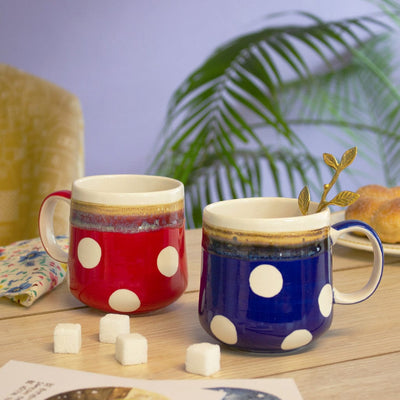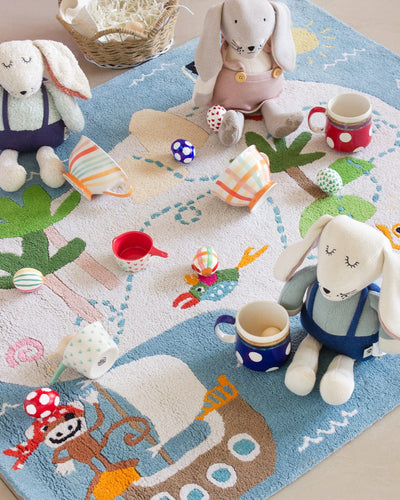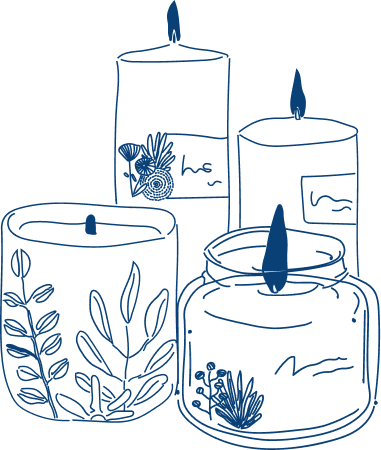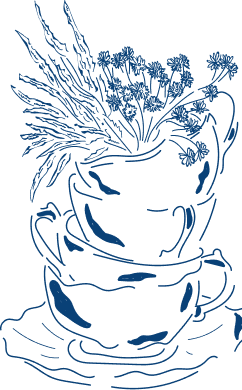The Delights of Distraction No.49
Table of contents
That’s what a friend of ours said yesterday, on the eve of her birthday - spent alone at home ; with 3 delivered cakes serving as proxy guests. Indeed, that can’t-quite-explain-knot of anxiety and “doomsday feeling”, sits coiled in our gut, as the second wave of COVID-19 has enveloped us in a Tsunami of despondence and despair.
Even in our most cocooned state of distraction, it’s hard to miss the horrific images of crammed lines outside hospitals, cremation grounds piling up with bodies and whatsapp group messages, pleading for help/plasma/any jugaad that can get their relative a hospital bed.
It’s inevitable we will have a lockdown situation. It is also inevitable that many small businesses won’t survive, and with their demise goes the livelihoods of many.
“We don’t think we will make it through this second wave. We barely scraped through last time, we have no savings left.” That’s from a friend who runs a restaurant in Delhi, who wants to keep his staff at home to protect them from covid, but how do they generate revenue to pay their salaries, make rent, cover fixed costs? Our only response was, “Same sis, same. We’re in that boat with you - where holes are appearing faster than we can plug them.” I suppose that explains the sinking feeling.
We were told that at this time we would be experiencing grief at the losses of 2020.
We wish it was grief. Grief means there was an end, we can move past and through. But there seems to be no end. How many more lockdowns might come due to this mutating virus, keeping us scared, confused and wondering what direction to provide our colleagues and employees; as sales precipitously dip, and we’re hemorrhaging from the uncertainty.
And the worst part? The heartbreak; from the hope bubble of 2021 that’s burst. We were hoping to wrap all of you in a bear-hug of gratitude and triumph, once the vaccines arrived and the country whipped Covid’s butt.
But here we are instead. Looking over the precipice. Our hearts go out to all of the workers on the frontline and to everyone whose suffering, or whose loved ones are suffering from the virus. We can only pray for a soft landing.
To Help Through This: In her book, Wintering, author Katherine May invites us to embrace winter with all that it has to offer. She just doesn’t mean the season, but rather the "fallow period in life when you're cut off from the world, feeling rejected, sidelined, blocked from progress, or cast into the role of the outsider." Yes - rather like Corona season. May reminds us that opting out of misery isn't an option. Instead we must embrace it and learn from it because there will always be winters (though all of these winter events won’t necessarily be preceded by the word “unprecedented”.) There will always be periods of sadness and solitude. Therefore, we must prepare for them as best we can. What does this look like in practice? Baking? Knitting? Reading by candlelight with a bucket of salted caramel ice cream? Yes and no. Those things certainly aren't going to hurt your mentality but it’s more about recognizing when you need to coil into yourself. Protect yourself. Sleep. Slow down. Grow. Anticipate spring.
"We are in the habit of imagining our lives to be linear, a long march from birth to death in which we mass our powers, only to surrender them again, all the while slowly losing our youthful beauty. This is a brutal untruth. Life meanders like a path through the woods. We have seasons when we flourish and seasons when the leaves fall from us, revealing our bare bones. Given time, they grow again." May gives us a playbook and philosophy to handle our own personal winters - and for some of them, the best you can do is just survive.
To Read: This is about the reverse aging experiment: A group of men in their 70's spent a week in a house designed to emulate the 50's, the period when the men would've been in their 20's. For a week they were encouraged to act like they were younger, discussing "current events" of the '50s, watching movies, staying up late, and they were treated like younger men, too. They had to do things for themselves, carry their own bags inside, etc. The results were profound: after just one week, most of the men's health, dexterity, and moods showed vast improvement. This fascinating piece explores psychologist Ellen Yanger's work on the mind/wellness connection, the “placebo effect”, all of which have been tested and proved through world experiments that show that perhaps our mind and our bodies aren't on such different tracks.
To Listen: This is Innellea playing an exclusive live set from the fort of Jaisalmer for Cercle to some stunning drone visual effects. If you love electronic music, you’ll love Cercle : a livestream media channel that produces unique experiences, by organizing, filming and broadcasting concerts in carefully selected locations around the world. This works as perfect background white-noise during WFH days.
To Cook: All the pulled pork yumminess without the pig ; this is sweet and savory, tender, melt-in-your-mouth jackfruit to emulate pulled pork, producing vegetarian comfort food at it's finest! Also links to a killer BBQ sauce recipe.
Also - a great read while you’re here, an article about that ineffable “something” that great cooks (usually in the form of our grandmums) impart to cooking that takes it from delicious to exceptional. Is it innate or can it be learned?
To Steer: “Navigating the Suez Canal is a high-stress, complicated feat that requires master piloting skills. To demonstrate, [CNN] worked with Master Mariner Andy Winbow and Captain Yash Gupta to produce this simulated passage. Try your hand at traversing one of the most highly trafficked nautical thoroughfares in the world.”
To Watch: A talk on how stories last across centuries by Neil Gaiman, one of our favourite authors, especially in the graphic novel genre. “Stories,” Gaiman said, “teach us how the world is put together and the rules of living in the world, and they come in an attractive enough package that we take pleasure from them and want to help them propagate.” Gaiman said he learned something important about stories from his cousin Helen Fagin, a Holocaust survivor who taught class in a Polish ghetto during the Nazi occupation. Books were forbidden on pain of death, but Helen had a Polish translation of Gone With the Wind she read at night, and she told its story to her entranced students by day. “The magic of escapist fiction,” Gaiman said, “is that it can offer you escape from an otherwise intolerable situation, and it can furnish you with armor, knowledge, weapons, and other tools you can take back into your life to make it better.”
To Learn: Ninh Ly has created almost 100 short videos on his Youtube Channel that clearly and simply explain the rules of all kinds of different sports.From Cricket to Curling and even Quidditch! So while we might not be able to get out and indulge in any sports, we can at least get familiar with esoteric ones so we seem a little more initiated when the Olympic Games finally roll out.
To End: James Baldwin’s “Untitled.”
For this pandemic time,we felt this poem especially relevant, in the way it holds both the catastrophic and the comic. It sees deluge as a sunlit waterfall, and it sees, with a bemused compassion, the vulnerable human who needs a little less waterfall, needs some breathable air to suffer what is overwhelming, whether beauty or nightmare. And yet, that a person standing under deluge can find such words and stance as this poem creates is in itself a hope-coin - that suffering can be navigated, can be survived.
Untitled
Lord,
when you send the rain,
think about it, please,
a little?
Do
not get carried away
by the sound of falling water,
the marvelous light
on the falling water.
I
am beneath that water.
It falls with great force
and the light
Blinds
me to the light.
Tread carefully through this week, please keep yourselves hunkered down, safe and healthy. And if you have the mind space and are so inclined, please do support any of your local, small businesses whenever you can,







Leave a comment